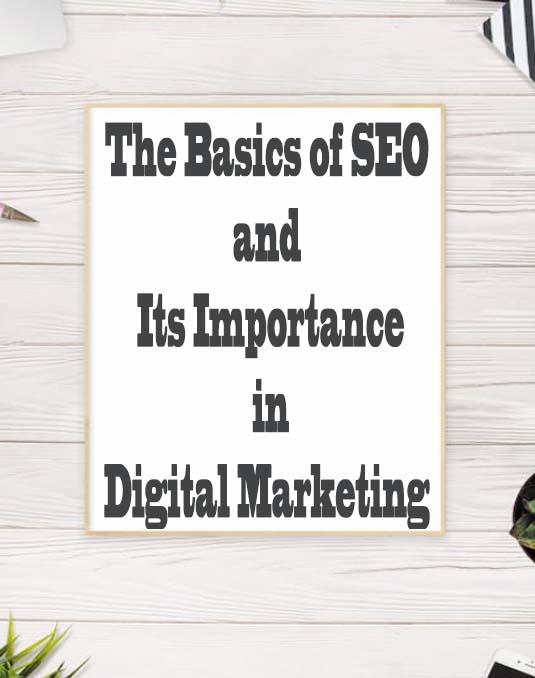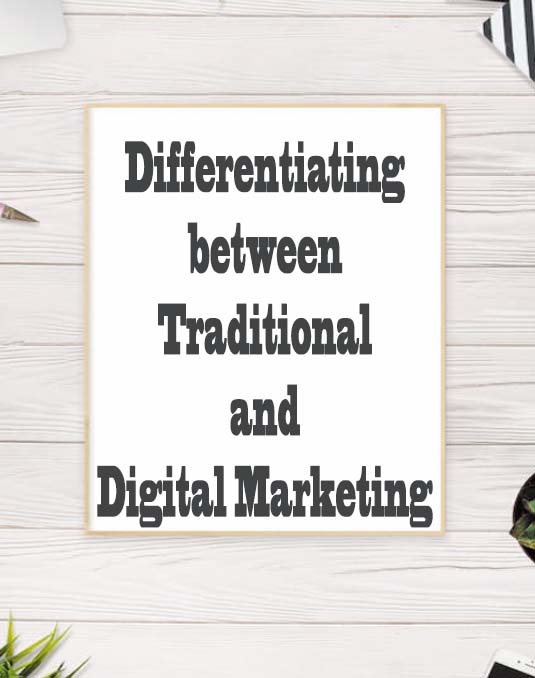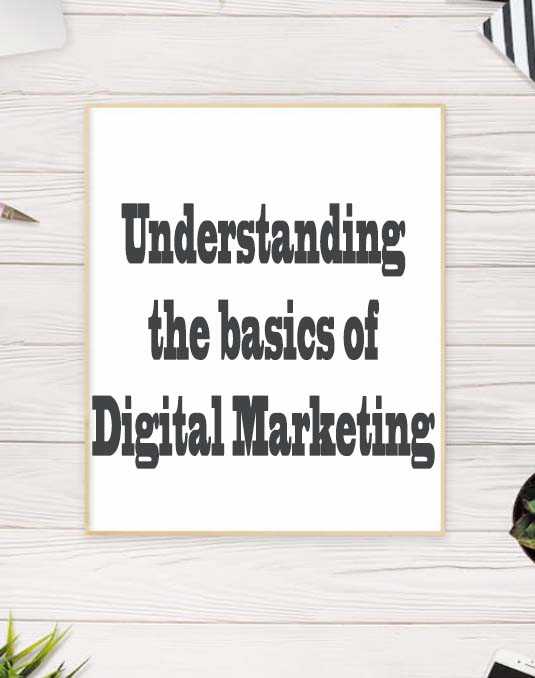
Introduction
In today's fast-paced and ultra-connected world, it's no secret that digital marketing plays a crucial role in any business's success.
With billions of people using the internet daily, the potential for businesses to reach and engage with their target audience is greater than ever before. However, it's not enough to simply have a strong online presence. To truly make an impact and drive results, businesses must align their digital marketing goals with their overall marketing strategies.
Why Aligning Goals is Important
Without aligning goals, businesses risk wasting time and resources on digital marketing tactics that don't contribute to their wider marketing objectives. It's easy to get caught up in the excitement and possibilities of digital marketing, but it's important to remember that it should be a means to an end, not an end in itself.
Aligning digital marketing goals with overall marketing strategies ensures that businesses stay focused on their broader objectives, such as increasing brand awareness, generating leads, driving sales, or improving customer loyalty. By doing so, businesses can create a more cohesive and integrated marketing approach, where every digital marketing initiative serves a purpose and contributes to the larger picture.
Setting SMART Goals
When aligning digital marketing goals with overall marketing strategies, it's crucial to set SMART goals: Specific, Measurable, Achievable, Relevant, and Time-bound.
Specific goals are clear and well-defined to provide a clear direction for digital marketing efforts. Measurable goals allow businesses to track progress and determine if objectives are being met.
Achievable goals are realistic and attainable, considering the available resources and capabilities. Relevant goals are aligned with overall marketing objectives and contribute to the business's growth.
Lastly, time-bound goals have set deadlines, creating a sense of urgency and accountability.
Examples of Aligned Digital Marketing Goals
To better illustrate the importance of aligning goals, here are a few examples of how businesses can align digital marketing goals with overall marketing strategies:
1. Increase Brand Awareness:
The overall marketing objective is to establish the brand as a leader in its industry. The digital marketing goal would be to increase website traffic and social media following, boost brand mentions and shares, and improve search engine rankings.
2. Generate Leads:
If the overall marketing objective is to increase sales, the digital marketing goal would be to optimize lead generation efforts. This could include strategies such as running targeted online advertising campaigns, creating lead magnets for website visitors, and implementing an email marketing strategy.
3. Enhance Customer Loyalty:
If the overall marketing objective is to improve customer retention, the digital marketing goal would be to engage existing customers and foster loyalty. Strategies might include personalized email marketing campaigns, social media engagement, and creating valuable content that speaks to the needs and interests of customers.
Tracking and Adjusting Goals
Once goals are set, it's imperative to regularly track and analyze the performance of digital marketing initiatives to ensure they are aligned with overall marketing strategies.
This involves monitoring key performance indicators (KPIs), such as website traffic, conversion rates, customer engagement, and return on investment (ROI).
By regularly reviewing and adjusting goals based on data and insights, businesses can optimize their digital marketing efforts and maximize their results.
Conclusion
Aligning digital marketing goals with overall marketing strategies is essential for businesses to effectively utilize the power of online channels.
By setting SMART goals and regularly tracking progress, businesses can ensure that their digital marketing efforts are contributing to their broader marketing objectives. With the right alignment, businesses can harness the full potential of digital marketing to drive growth, increase brand awareness, generate leads, and enhance customer loyalty.
Tips on SEO and Online Business
Next Articles
Previous Articles















